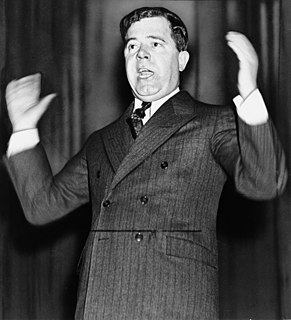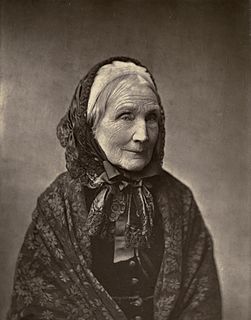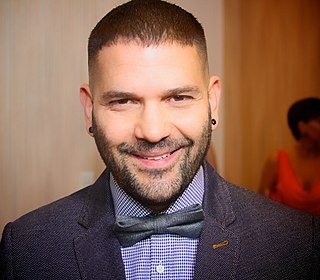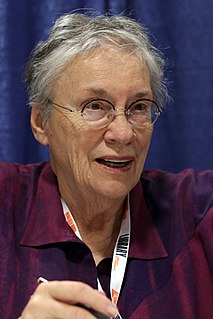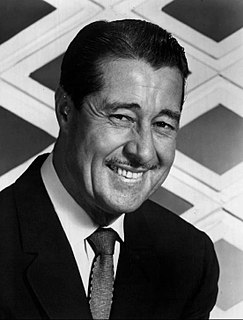A Quote by Charles Dickens
By the by, who ever knew a man who never read or wrote neither who hadn't got some small back parlour which he would call a study!
Related Quotes
Literary men now routinely tell their readers about their divorces. One literary man who reviews books wrote, in reviewing a study of Ruskin, that he had never read a book by Ruskin but that the study confirmed him in his belief that he didn't want to read a book by Ruskin. This man very often writes about his family life.
That night we made love "the real way" which we had not yet attempted although married six months. Big mystery. No one knew where to put their leg and to this day I'm not sure we got it right. He seemed happy. You're like Venice he said beautifully. Early next day I wrote a short talk ("On Defloration") which he stole and had published in a small quarterly magazine. Overall this was a characteristic interaction between us. Or should I say ideal. Neither of us had ever seen Venice.
Some people read for instruction, which is praiseworthy, and some for pleasure, which is innocent, but not a few read from habit, and I suppose that this is neither innocent or praiseworthy. Of that lamentable company am I. Conversation after a time bores me, games tire me and my own thoughts, which we are told are the unfailing resource of a sensible man, have a tendency to run dry. Then I fly to my book as the opium-smoker to his pipe.
For they might be parted for hundreds of years, she and Peter; she never wrote a letter and his were dry sticks; but suddenly it would come over her, If he were with me now what would he say? --some days, some sights bringing him back to her calmly, without the old bitterness; which perhaps was the reward of having cared for people; they came back in the middle of St. James's Park on a fine morning--indeed they did.
Unfortunately, there is something of a flaw in this idealized picture of the way the scientific community discovers truth. And the flaw is that most scientific work never gets noticed. Study after study has shown that most scientific papers are read by almost no one, while a small number of papers are read by many people.





